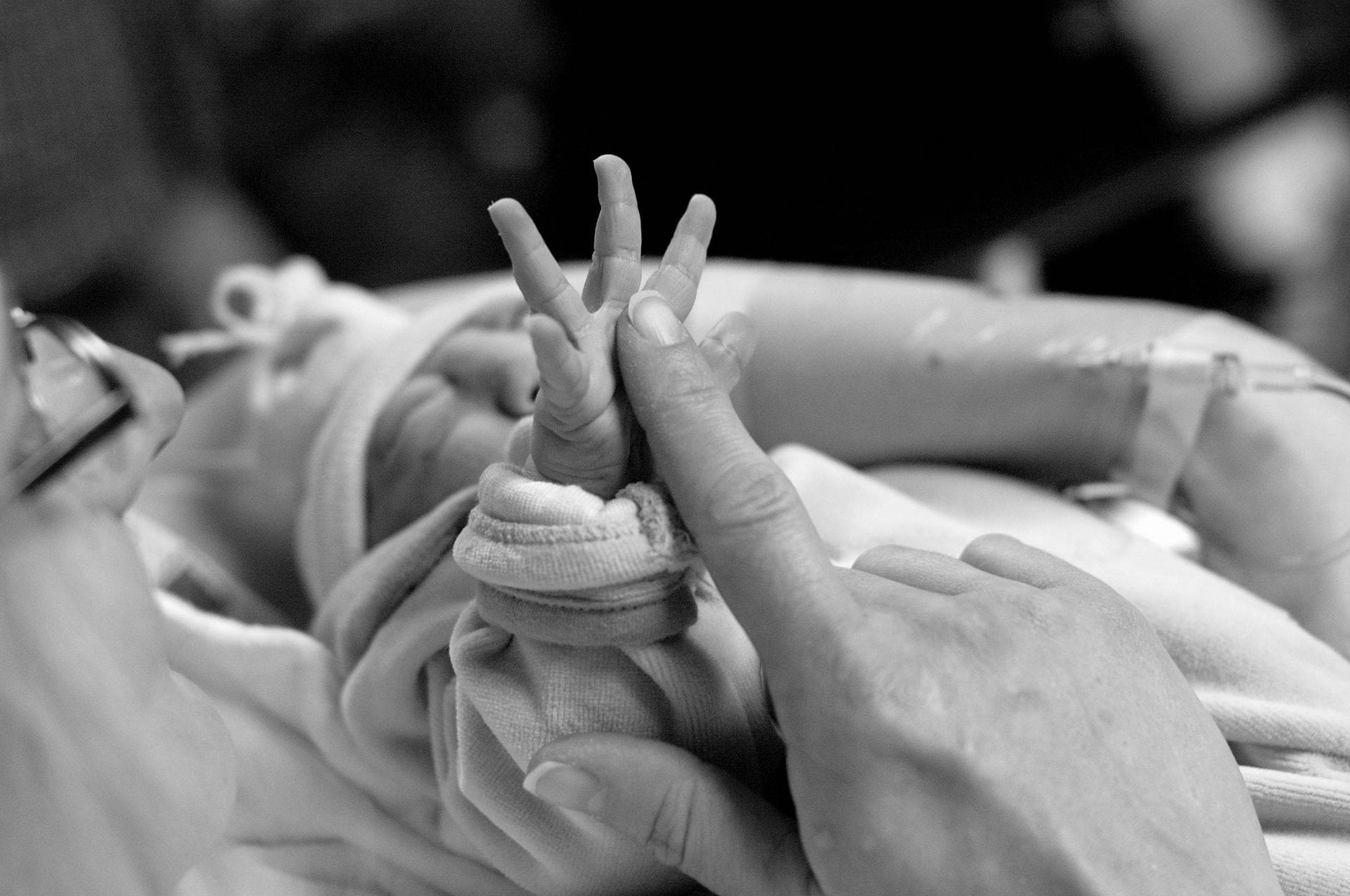A group of conservative Catholics is appealing to their fellow believers in a last-ditch effort to stop Donald Trump from becoming the GOP presidential nominee, writing in an essay published by the National Review that the frontrunner is “manifestly unfit to be president of the United States.”
The essay, “An Appeal to Our Fellow Catholics,” was co-written by Princeton professor Robert P. George and St. John Paul II biographer George Weigel, and it is co-signed by about three dozen lay Catholics, many of whom are active in conservative academic and nonprofit circles.
Together, they urge Catholics “to reject [Trump’s] candidacy for the Republican presidential nomination by supporting a genuinely reformist candidate.”
The piece, published Monday, says that the Republican Party has been, in recent years, a vehicle for “promoting causes at the center of Catholic social concern in the United States,” highlighting the GOP’s opposition to abortion, advocacy for religious freedom protections, stance against same-sex marriage, and belief in “limited government.”
Without naming any of Trump’s rivals for the GOP nomination, the authors contend that “at the beginning of the current presidential electoral cycle, it seemed possible that further progress in defending and advancing these noble causes was possible through the instrument of the Republican party.”
But with Trump’s ascension, they write, “That possibility is now in grave danger. And so are those causes.”
They say that Trump’s campaign “has already driven our politics down to new levels of vulgarity,” perhaps in response to the New York businessman’s use of a profane word to describe Sen. Ted Cruz just before the New Hampshire primary or Trump’s claim at a GOP debate last week that his reproductive organ is sufficiently large.
The writers also slam Trump’s “appeals to racial and ethnic fears and prejudice” that are “offensive to any genuinely Catholic sensibility” and his promise to kill the families of terrorism suspects.
“And there is nothing in his campaign or his previous record,” they continue, “that gives us ground for confidence that he genuinely shares our commitments to the right to life, to religious freedom and the rights of conscience, to rebuilding the marriage culture, or to subsidiarity and the principle of limited constitutional government.”
The thrice-married Trump, who once bragged regularly of his sexual exploits, has stated that he is against same-sex marriage and would try to overturn the Supreme Court’s June decision that extended the right to all Americans. He has also stated his opposition to abortion, but has nonetheless praised the work of Planned Parenthood.
These aren’t the first high profile Catholics to take on Trump, of course. Last month, after a visit to the US-Mexico border, Pope Francis said politicians who advocate building border walls aren’t Christian. In response, Trump lashed out at the pope, saying it was offensive for Francis to question anyone’s religious beliefs.
Also, several US bishops have condemned Trump’s rhetoric on immigration, suggesting the candidate is engaging in modern-day nativism, resurrecting the kind of bigotry once directed at Catholics.
The writers of the National Review piece say they understand why some Catholics would respond positively to Trump, notably because of the candidate’s emphasis on issues important to working class voters, such as stagnant wages and companies moving manufacturing jobs to Mexico and China.
Still, they say, Trump is not a viable option for Catholics, writing, “there are candidates for the Republican nomination who are far more likely than Mr. Trump to address these concerns, and who do not exhibit his vulgarity, oafishness, shocking ignorance, and – we do not hesitate to use the word – demagoguery.”
Earlier this year, the magazine published several essays from conservative activists urging fellow Republicans to vote for anyone but Trump.
But aside from Trump, just three other candidates remain in the race for the White House, and some pundits suggest that his only legitimate rival is Cruz. Florida Sen. Marco Rubio, a Catholic, and Ohio Gov. John Kasich, a Catholic turned Episcopalian, are seen as more mainstream choices than either Trump or Cruz, but have been unable to close the gap with Trump.
Republican voters head to the polls Wednesday in Hawaii, Idaho, Michigan, and Mississippi, with biggest contests slated for March 15 in Illinois, Florida, Missouri, North Carolina, and Ohio.















